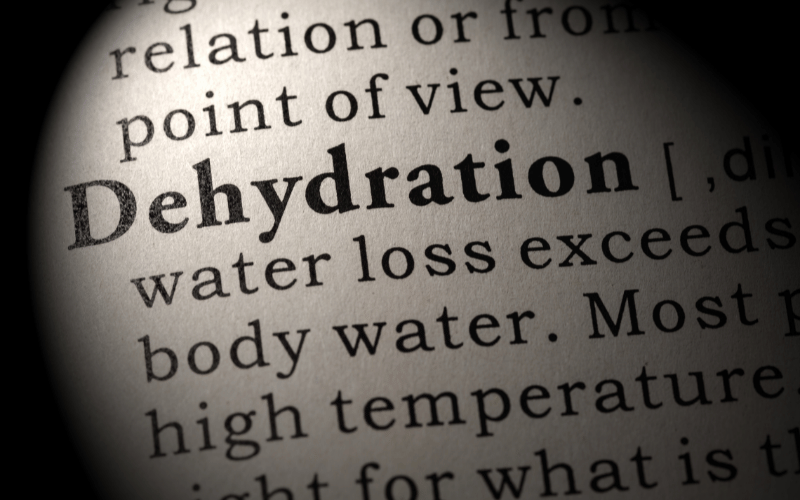Cause 7: Dehydration – The Subtle Mind-Bender

Hydration plays a pivotal role in our body’s physiology. From ensuring adequate blood flow to maintaining the balance of salts and minerals, the significance of water cannot be understated. Our cells, organs, and particularly our brain rely heavily on a consistent and balanced hydration status to function optimally.
When our body faces a deficiency in its water content, the brain is one of the first organs to feel the impact. A dehydrated brain has to work harder, leading to feelings of fatigue and sluggishness. Moreover, as the fluid content decreases, the brain might temporarily contract or shrink from its standard size. This physical change can pull the brain away from the skull, causing pain and leading to what we commonly recognize as dehydration headaches.
The body does attempt to signal its distress during dehydration. Often, individuals might feel persistent thirst, experience a dry or sticky mouth, witness darkened urine, or even deal with an unexpected bout of dizziness. Each of these signs is a cry for attention, an early indicator that the body’s water balance is being disrupted and that the brain could soon be facing the effects.
As dehydration progresses, especially in the vulnerable elderly population or those with pre-existing conditions, it can lead to confusion and disorientation – hallmark symptoms of delirium. Without adequate fluid intake, the reduced blood flow to the brain, combined with an imbalance of essential salts, can cause sudden cognitive changes. People may find it hard to concentrate, become forgetful, or even feel detached from their surroundings.
The solution to dehydration-induced delirium is twofold: prevention and timely intervention. Regularly monitoring fluid intake, especially in at-risk populations, is crucial. Ensuring that water is consumed consistently throughout the day, and recognizing early symptoms can avert the onset of delirium. If someone shows signs of dehydration-induced confusion, immediate rehydration, preferably under medical supervision, can reverse the symptoms and restore cognitive clarity. (7)